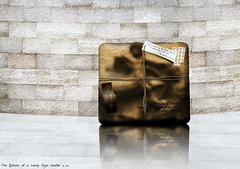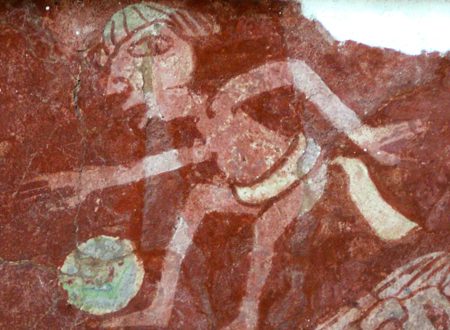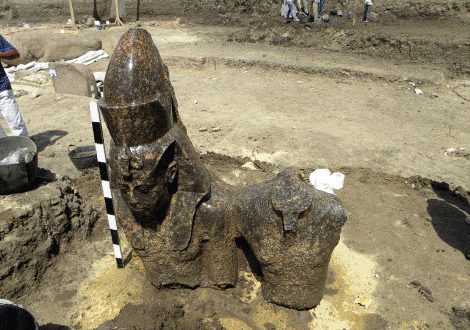 Lord Byron has been described as “mad, bad, and dangerous to know”, but there is an other reason – besides his regular escapades – why the British may have deemed this famous poet to be ‘wicked’. Byron was a bitter opponent of Lord Elgin’s removal of the Parthenon marbles from Greece, and “reacted with fury” when Elgin’s agent gave him a tour of the Parthenon, during which he saw the missing friezes and metopes. He penned a poem, the Curse of Minerva, to denounce Elgin’s actions. Although Byron never intended to publish this poem, a copy was stolen from him and printed without his approval.
Lord Byron has been described as “mad, bad, and dangerous to know”, but there is an other reason – besides his regular escapades – why the British may have deemed this famous poet to be ‘wicked’. Byron was a bitter opponent of Lord Elgin’s removal of the Parthenon marbles from Greece, and “reacted with fury” when Elgin’s agent gave him a tour of the Parthenon, during which he saw the missing friezes and metopes. He penned a poem, the Curse of Minerva, to denounce Elgin’s actions. Although Byron never intended to publish this poem, a copy was stolen from him and printed without his approval.
“Mortal!” -twas thus she spake- “that blush of shame
Proclaims thee Briton, once a noble name;
First of the mighty, foremost of the free,
Now honourd less by all, and least by me;
Chief of thy foes shall Pallas still be found.
Seekst thou the cause of loathing? -look around.
Lo! here, despite of war and wasting fire,
I saw successive tyrannies expire.
Scaped from the ravage of the Turk and Goth,
Thy country sends a spoiler worse than both.
Survey this vacant, violated fane;
Recount the relics torn that yet remain:
These Cecrops placed, this Pericles adornd,
That Adrian reard when drooping Science mournd.
What more I owe let gratitude attest-
Know, Alaric and Elgin did the rest.
That all may learn from whence the plunderer came,
The insulted wall sustains his hated name:
Fragment from ‘The Curse of Minerva’ by Lord Byron, 1811
George Gordon Byron, the 6th Baron Byron took up the subject of the Parthenon Frieze again a year later, in the lengthy narrative poem Childe Harold’s Pilgrimage. The poem describes the travels and reflections of a world-weary young man who, disillusioned with a life of pleasure and revelry, looks for distraction in foreign lands. Canto XIto XV of ‘Childe Harold’s Pilgrimage’ are a weeping tribute to the Parthenon Marbles:
Cold is the heart, fair Greece, that looks on thee,
Nor feels as lovers oer the dust they loved;
Dull is the eye that will not weep to see
Thy walls defaced, thy mouldering shrines removed
By British hands, which it had best behovd
To guard those relics neer to be restored.
Curst be the hour when their isle they roved,
And once again thy hapless bosom gored,
And snatchd thy shrinking Gods to northern climes abhorrd!
Canto XVfrom ‘Childe Harold’s Pilgrimage’ by Lord Byron, 1812
Already in the early 19th century, the ‘destruction of the Parthenon’ due to the removal of the friezes did not make sense to Lord Byron, permission slip or no permission slip. Maybe the British Museum can counter this with Keats? 😉



